Overview

Our research in the Thünen topic "World Food Supply and Global Resources" is broadly based. The activities can be assigned to three focal areas:
Our activities and the world food supply: We analyze how different diets of the German population and international agricultural trade affect world food supply. From this, we derive policy recommendations.
Sustainable resource use in emerging and developing countries: Here, the primary focus is on forests. We analyze development concepts for tropical forest regions, approaches to forest restoration in Africa, and innovative forest-pasture systems in South America.
Global concepts and networks: In the framework of multinational networks, we investigate governance concepts for reducing deforestation, food waste and greenhouse gas emissions. The LandLessFood project addresses food from bioreactors.
Download Service
- Thünen topic World Food Supply and Global ResourcesExcerpt from the Thünen Institute's Medium-Term Concept 2021 (in German)
- Thünen medium-term concept 2021(in German)

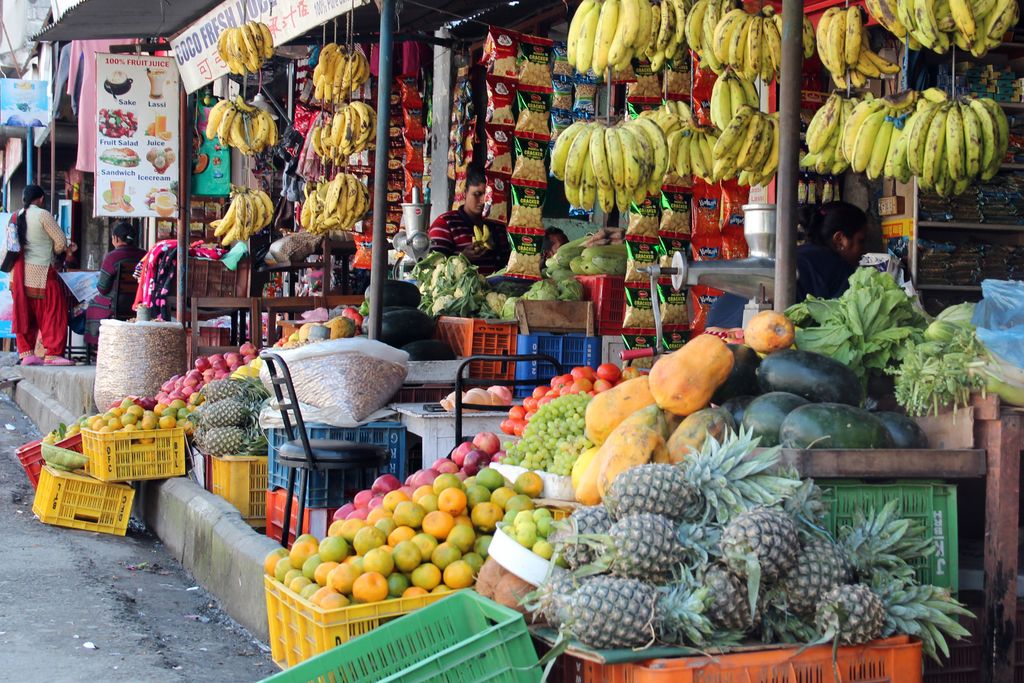
![[Translate to English:] [Translate to English:]](/media/_processed_/f/4/csm__MG_6995_81aad7ef85.jpg)
![[Translate to English:] [Translate to English:]](/media/_processed_/2/0/csm_Tropenwald_f66dd6091c.jpg)

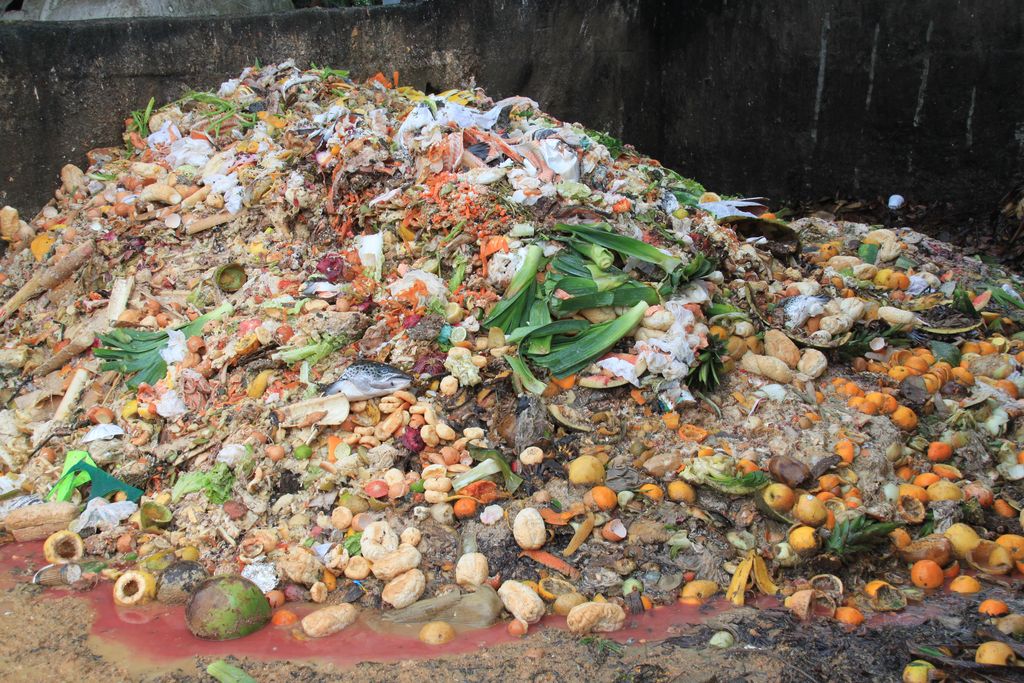
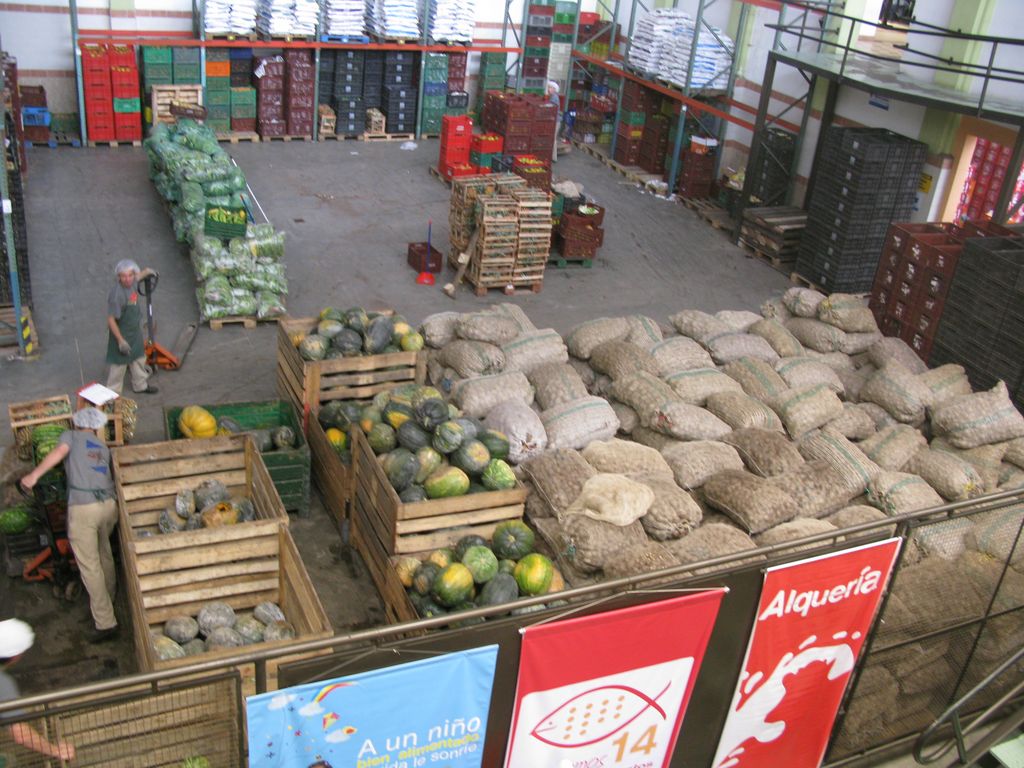
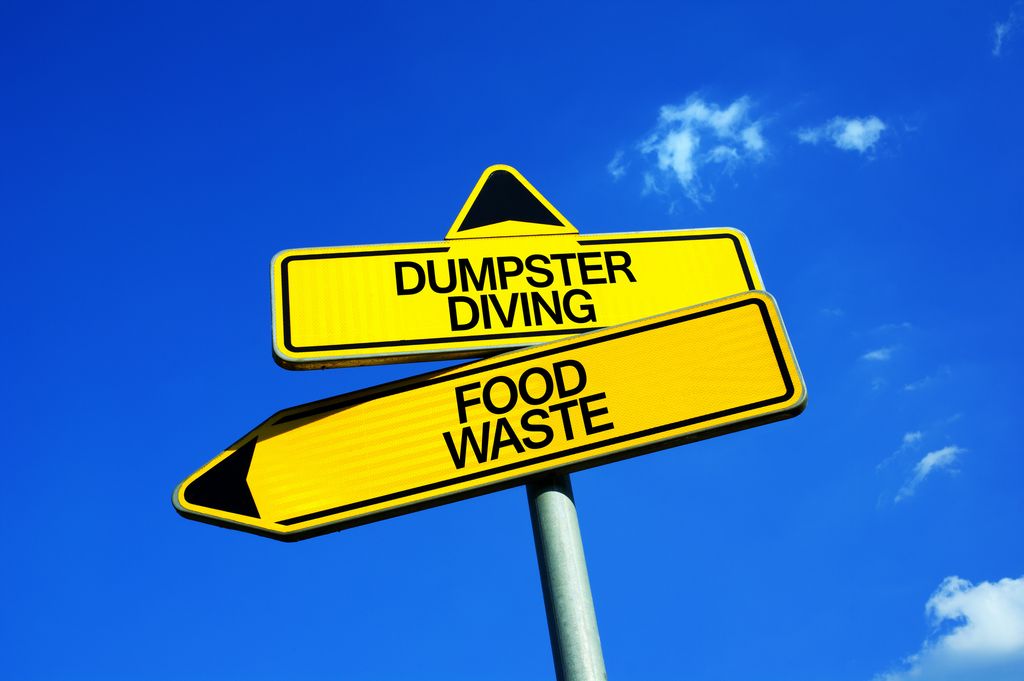
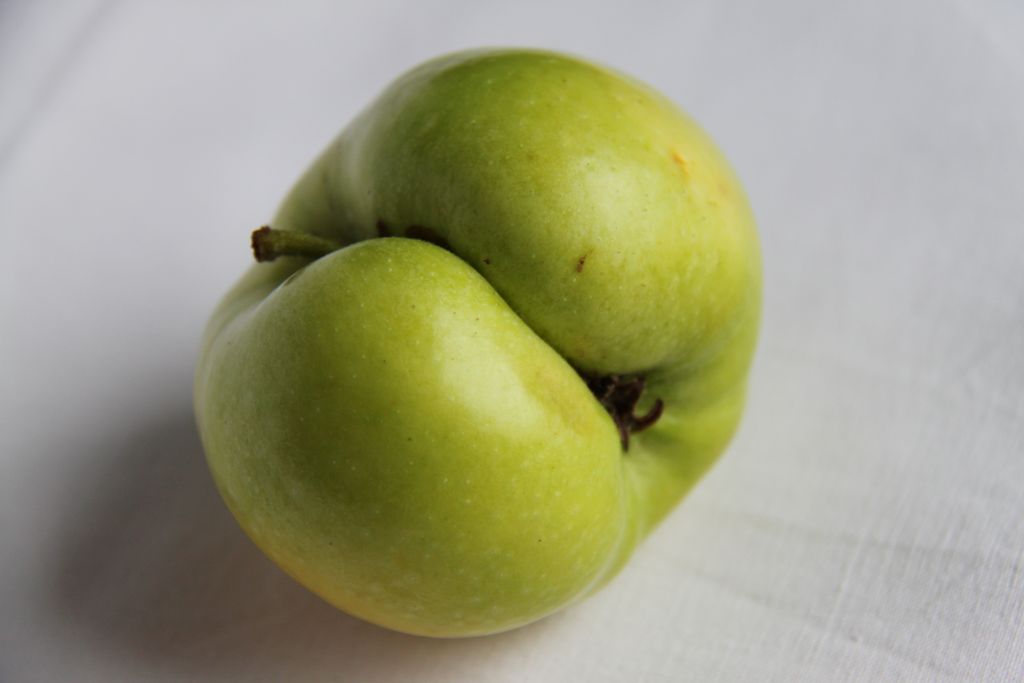
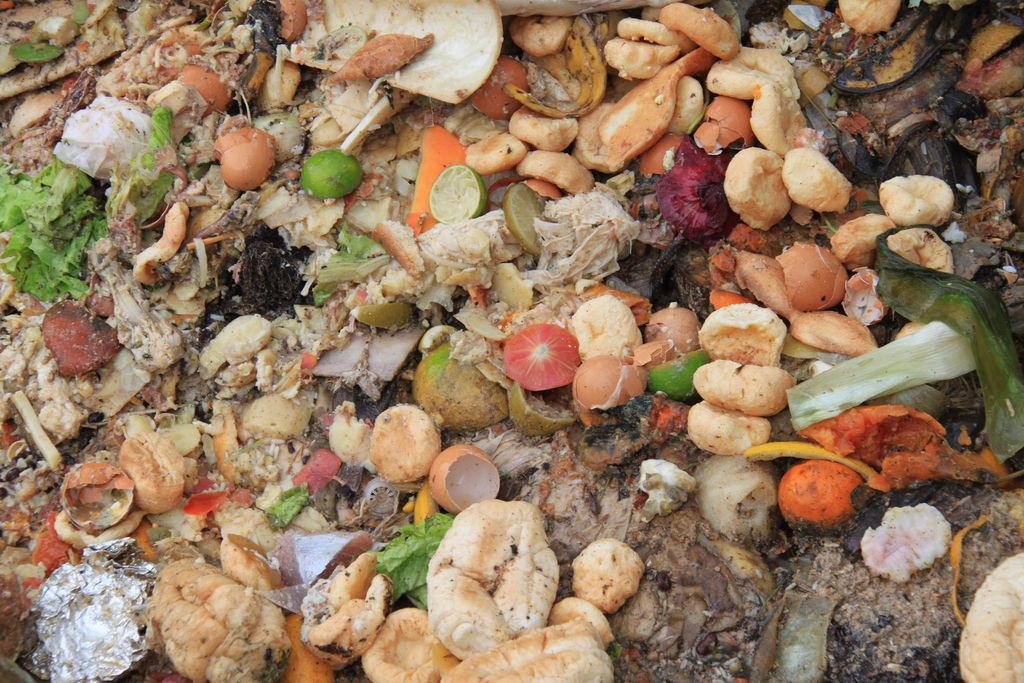
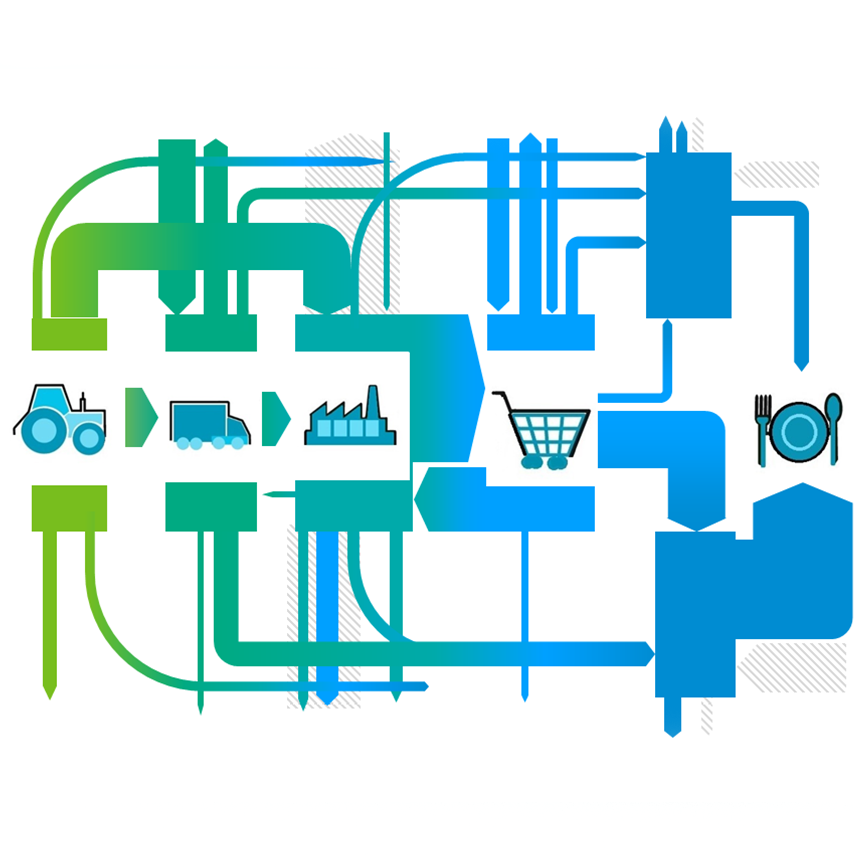
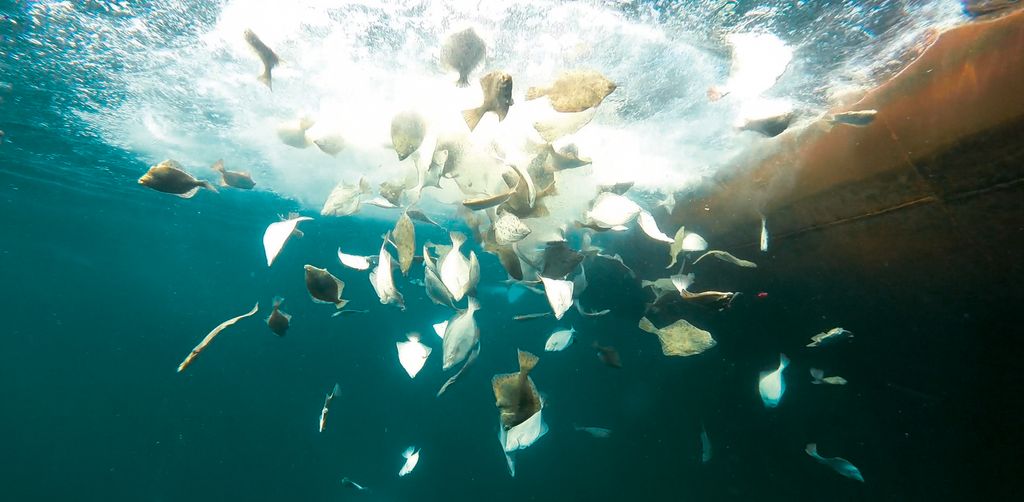
![[Translate to English:] [Translate to English:]](/media/_processed_/4/5/csm_Markt_in_Nepal_BDB_5254c27975.jpg)
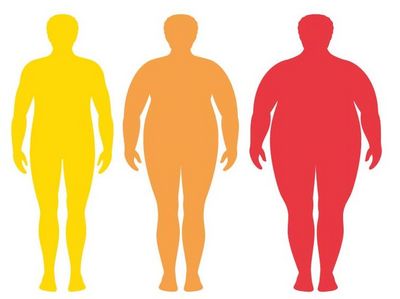
![[Translate to English:] [Translate to English:]](/media/ti-themenfelder/Weltern%C3%A4hrung_und_globale_Ressourcen/Aktuelle_Lage_der_Welternaehrung/AdobeStock_249730128_large.jpg)




